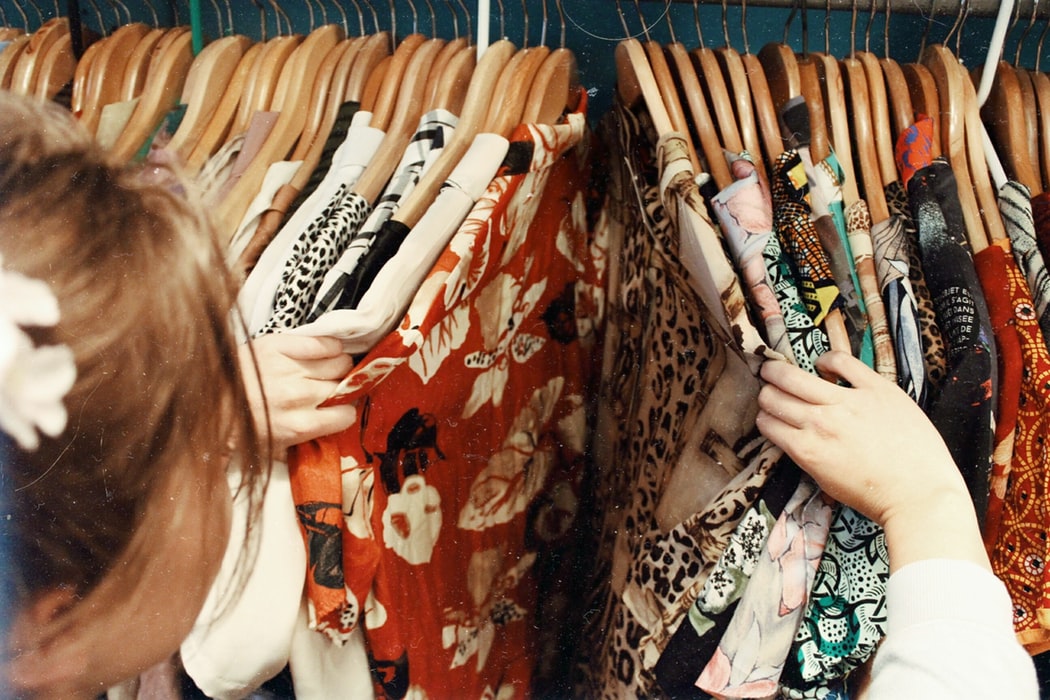
There is a new way to measure compulsive shopping disorder, which refers to uncontrolled buying or shopping.
A research team led by Flinders University's Professor Mike Kyrios and Dr Dan Fassnacht developed the Excessive Buying Rating Scale (EBRS), which uses diagnostic criteria that can implement a measurable scale of compulsive shopping disorder.
For Professor Mike Kyrios, the scale can be treated as a first step to examine the severity of Buying-Shopping Disorder. Their paper titled "Predicting the severity of excessive buying using the Excessive Buying Rating Scale and Compulsive Buying Scale" has been published in the Journal of Obsessive-Compulsive and Related Disorders.
"No measures exist to assess the severity of excessive buying or shopping that are based on proposed diagnostic criteria, and this limits ongoing research efforts," said Professor Kyrios.
ERBS recorded quality statistical properties and allowed the research team to analyze the predictors of buying or shopping disorder severity.
Dr Dan Fassnacht, Lecturer in Psychology at Flinders University and co-investigator of the research, points out that valuing purchasing activity could be one of the critical predictors of excessive buying severity.
"Strong beliefs that buying an object will lead to emotional security or that not purchasing the object will lead to a loss of opportunity explains to some extent why people can't control their urges to buy," said Dr. Fassnacht.
"We also found a small but significant effect of gender and age; females and younger people reported higher excessive buying severity."
Professor Kyrios explained that people tend to buy "to compensate for deficiencies that we see in ourselves. Those who are more uncertain about their self worth are more likely to succumb to excessive buying or shopping and to develop relevant unhelpful beliefs."
The research group considers the findings to have important implications for the development of treatments for excessive buying.
"We are still analysing the data, but these findings will help global clinical field trials, and finesse measures of severity and in ongoing research on the causes of this disabling disorder," says Professor Kyrios.






